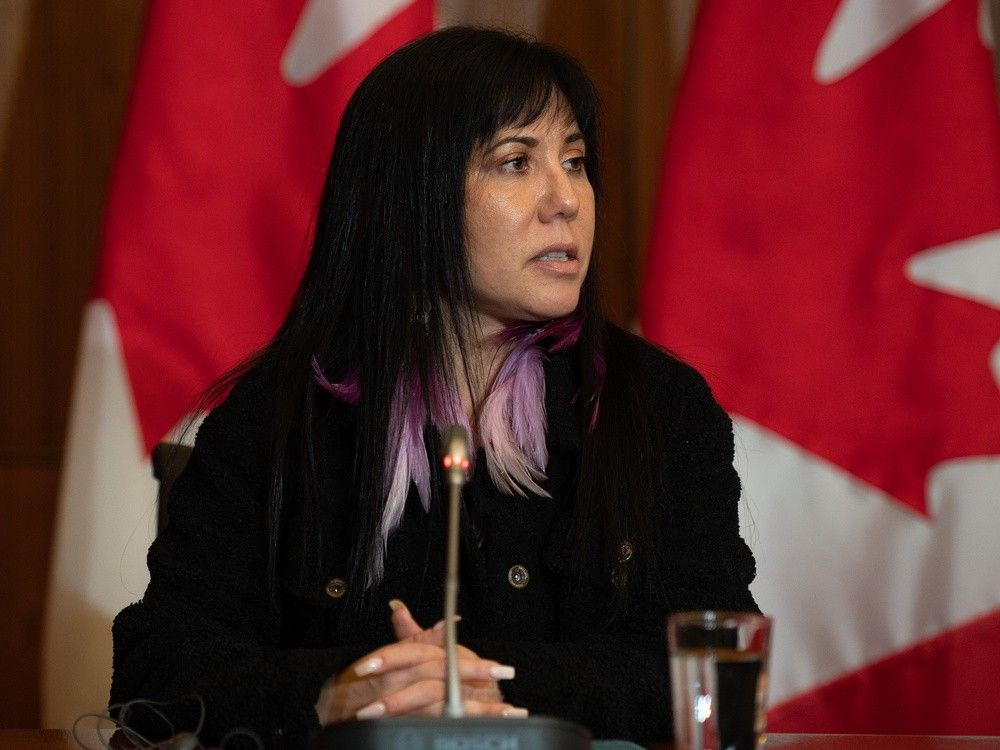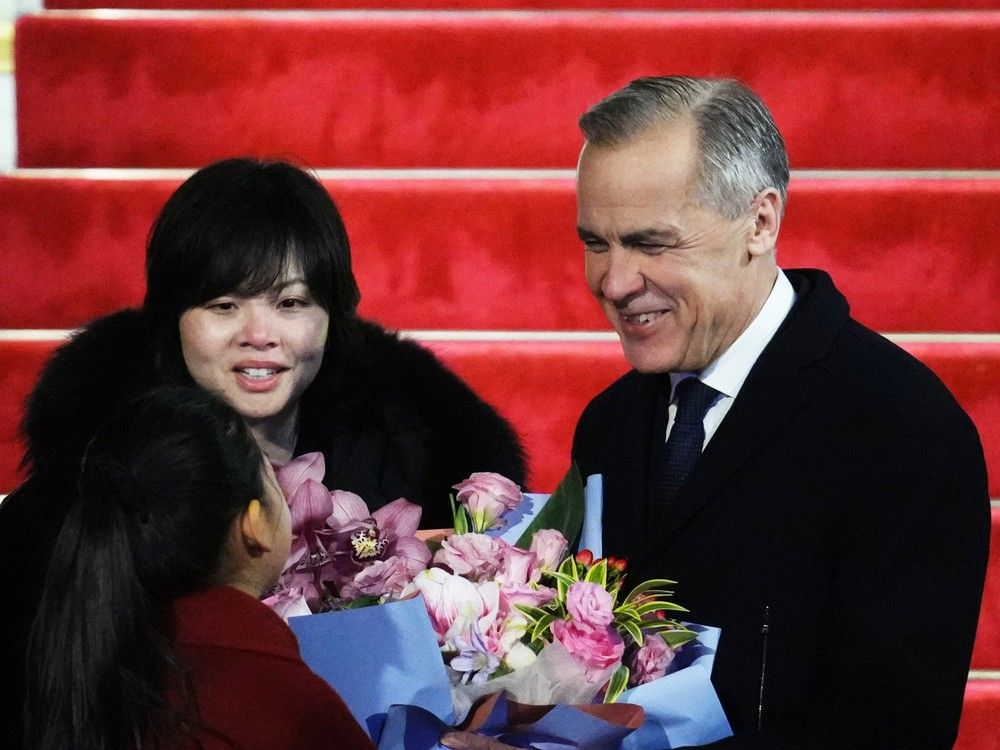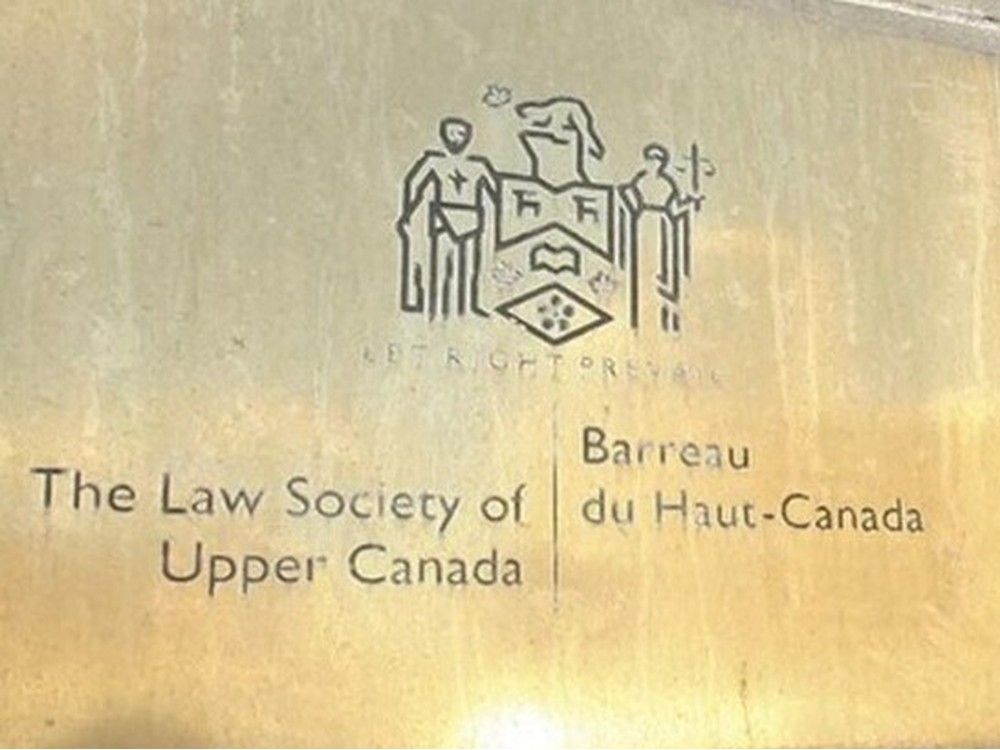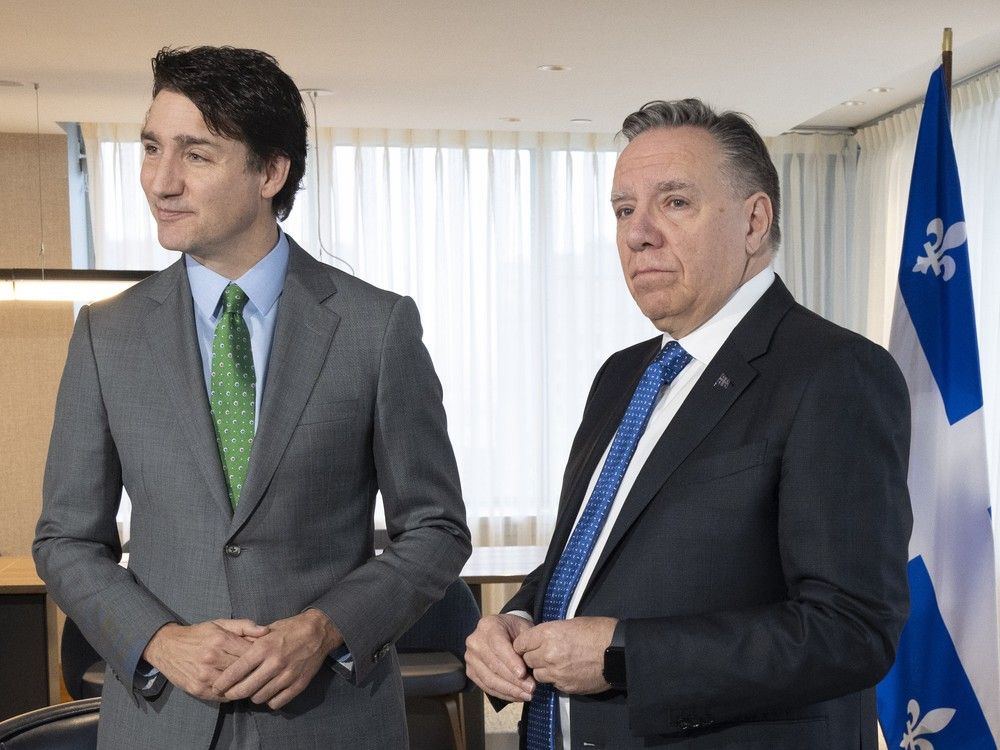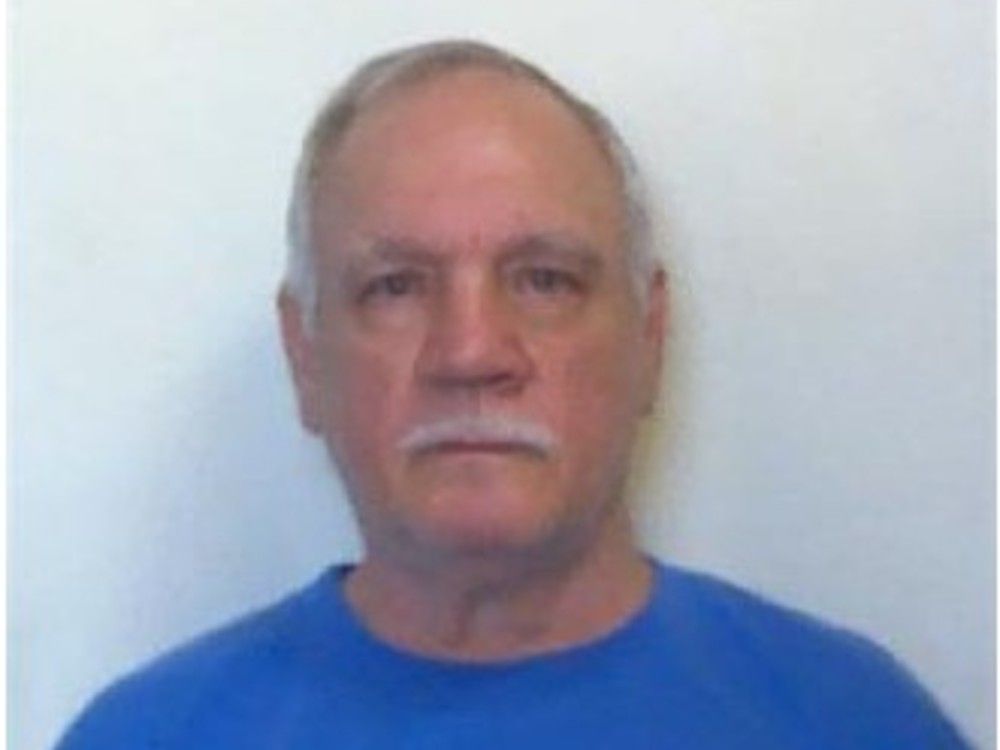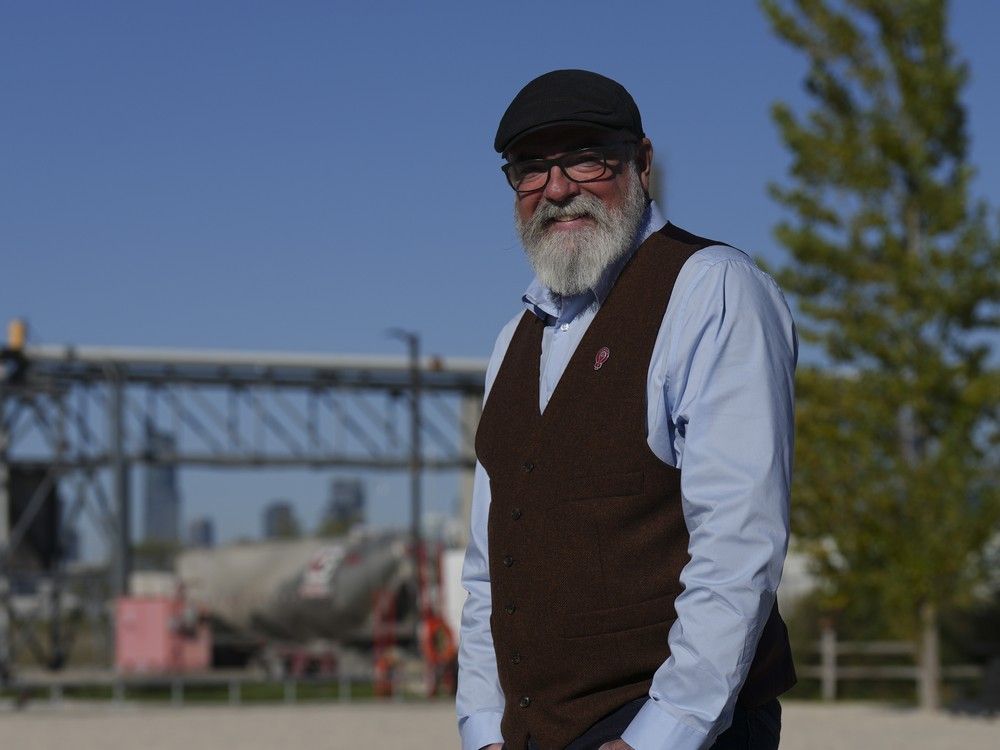
WASHINGTON, D.C. — It’s been nearly a decade since a Canadian prime minister set foot in Beijing. Now, sensing an opportunity, Prime Minister Mark Carney
has arrived in the Chinese capital
, where he will meet with Chinese President Xi Jinping on Friday and attempt to reset Canada-China relations following years of tensions between the two countries. His visit is also meant to signal that Ottawa is ready to carve its own foreign policy, independent of Washington.
But the trip comes at a volatile time for Canada, when its ties to both China and the U.S. are strained. From
the Huawei affair
and tit-for-tat trade sanctions with Beijing to U.S. President Donald Trump’s tariffs on Canadian steel, lumber, and copper, his 51st state rhetoric — plus the looming renegotiation of the Canada-U.S.-Mexico Agreement (CUSMA) — pressure is building for Ottawa to bolster and expand its trade ties.
Carney has said his visit is an opportunity to continue diversifying Canadian trade away from its overwhelming reliance on the United States in a way that benefits both Canada and China.
“China is our second-largest trading partner, and the world’s second-largest economy,” Carney posted on X before his flight on Tuesday. “A pragmatic and constructive relationship between our nations will create greater stability, security, and prosperity on both sides of the Pacific.”
Forging warmer economic ties with Beijing, however, poses challenges that range from security issues to not overstepping in ways that might offend the White House. Is Carney up to the task?
Beijing’s bid
Beijing has little to lose and much to gain by hosting Carney.
Xi sees Carney’s election as prime minister as an opportunity to repair relations between the two countries, which collapsed after the 2018 Huawei arrest and the “two Michaels” crisis. Xi and former Prime Minister Justin Trudeau were known for their
frosty exchanges
.
“China sees Carney’s succession as an opportunity to patch up relations after years of deterioration,” said Dominic Chiu, senior analyst at Eurasia Group. “It wants to bring Canada closer to its economic orbit — though it knows there are limits.”
Still, China is looking to attract U.S. partners and expand its trade ties in ways that give it more leverage in those countries. In Canada’s case, it wants to see tariffs on its electric vehicles eased and to normalize trade conditions with a G7 economy, Chiu explained.
He said China’s goal is to build closer economic links and encourage strategic independence in Ottawa’s policymaking, but other experts warn that Canada risks being used as a diplomatic “wedge state” against the U.S.
“Beijing’s goal is to create wedges — between the U.S. and Canada, but also Japan, Korea, and Taiwan,” said Stephen Nagy, a senior fellow at the Macdonald-Laurier Institute and professor of politics and international studies at the International Christian University.
“(Beijing) would like to pull Canada into a tighter economic relationship … but they understand that if they just pull Canadian trade three or four per cent away from the United States, that this increases Chinese interest in Canada.”
Strengthening the bilateral relationship depends upon economic interdependence for China, said Colin Tessier-Kay, research fellow and program manager with the China Center at Hudson Institute.
“Right now, Beijing’s aiming to promote cooperation across trade — the energy and agriculture sectors, in particular,” he said, noting that Chinese officials are expecting discussions to broaden cooperation in areas that are mutually beneficial while also seeking progress on alleviating commercial obstacles, like the existing EV tariffs.
The trouble, Nagy points out, is that “deep economic relations with China are often weaponized,” as seen with South Korea, Japan, Lithuania, Norway, France, Australia, Germany, and many other countries.
“We have to be very cautious about how we engage,” he added, referring to Canada.
Risks and rewards for Canada
Carney’s willingness to engage signals both his electoral pragmatism and frustration with Washington’s unpredictability over the past year.
“Standing up to the United States goes down well with voters,” said Andrew Hale, fellow at Washington-based Advancing American Freedom, referring to Carney’s tough-on-America — aka “Elbows Up” — campaign and how Trump’s rhetoric netted the Liberals a surprise win last year.
“Whether it’s economically wise or not — that’s another story,” Hale added.
Carney is looking for a reset in relations and an opportunity to secure relief from China’s steep duties on Canadian canola, which have effectively closed the Chinese market to Canadian farmers from Alberta, Saskatchewan, and Manitoba.
The prime minister is facing pressure from these Western provinces that rely on trade with China. He wants to help those farmers and avoid appearing anti-West.
Getting that movement, however, will be tough, said Chiu.
“China will want Canada to lower tariffs on its EVs before conceding on or reciprocating by lowering tariffs on canola products,” he said, pointing to China’s strict quid pro quo on that front.
But, Nagy said, Carney is unlikely to see any movement from China this week because he has arrived in Beijing without any real leverage.
“The relationship with the United States is shaky, and (Carney) hasn’t signed any trade or economic security agreements with close partners like Japan and South Korea,” said Nagy.
Such agreements might have given Beijing reason to play ball, he explained, questioning the timing and sequence of Carney’s diplomatic efforts.
Xi and Carney are both aware of each other’s limitations and are likely just looking at this as a baby step toward rebuilding ties.
“This is just a starting point for (Canada) to actually engage in a much more meaningful way … It’s about re-establishing trust between both sides,” said Reza Hasmath, a politics professor at the University of Alberta.
Trump’s red lines
Trying to draw Beijing closer to Ottawa, however, risks angering Trump, who tends to react poorly to perceived betrayal, and this comes just months before this summer’s tariffs renegotiation.
The president already
shared some harsh words
about CUSMA this week, just as Carney was setting off on this trip.
“There’s no real advantage to (CUSMA), it’s irrelevant,” Trump said on Tuesday in Detroit. “Canada would love it. They need it.”
So what would set Trump off? Canada eliminating tariffs on Chinese EVs would be a red line for Washington, Chiu said, as would any concessions on national security intelligence, critical minerals, or dual-use technologies, to a point where it could jeopardize U.S. national security.
“A strategic partnership must not be a blank check,” said Hale, noting how any movement on tariffs will take time. “It should be calibrated with security safeguards, reciprocity, and principles based on democratic norms.”
So deep trade concessions are off the table — as are any agreements related to critical minerals, security, and technology, which narrows any room for deal-making.
“This is the impossible task,” said Nagy. “If he signs anything significant with China, the Trump administration’s going to be quite upset with Canada and accuse Canada of being a liability to the United States.”
That is why none of the experts are expecting a breakthrough this week.
“I would lower my expectations significantly,” said Hasmath, noting that just speaking to each other is an accomplishment after so many years of strained relations.
Chiu agreed: “This is not the grand finale; it’s the end of the beginning of improved ties between Canada and China.”
Still, Nagy sees room for hope that Canada can strategically engage with Beijing in the long term without China being able to weaponize its economy and economic relations to shape Ottawa’s behaviour.
Canada, he said, can balance closer ties with China by quietly strengthening deterrence with Taiwan, Japan, Southeast Asia, and the U.S. — and prioritizing non-weaponizable sectors to avoid coercion.
National Post
Our website is the place for the latest breaking news, exclusive scoops, longreads and provocative commentary. Please bookmark nationalpost.com and sign up for our newsletters here.






